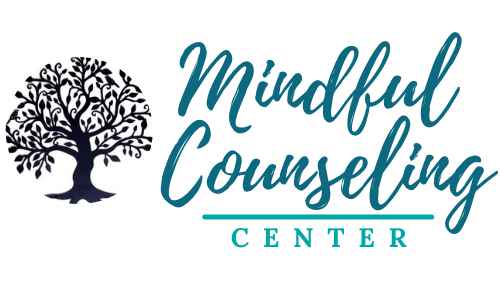Use Your Brain’s Power to Find Balance

On any given day or moment, life can include challenges and be stressful.
Right now, for example, the excessive humidity of summer may reeking havoc on your body and mind (maybe causing you to feel tired, sluggish, sweaty and even a little cranky). You may be longing for less humidity and more cool breezes.
There is almost always something happening in the here and now–or anticipated in the near future–that is difficult and can overwhelm us.
Some anticipated activities may even induce feelings of dread and associated unpleasant bodily sensations (restlessness, rapid breathing, racing heart, trembling, lethargy, difficulty focusing, insomnia, headaches, nausea, etc.).
And yet … life is so much more.
Humans have this awesome internal capacity to balance difficulties in their lives—even the very difficult—with the uplifting. I’m not talking about a Pollyanna approach to living where we see through rose-colored glasses. Rather: we can hone our brains to:
- Be aware of what is going on in our bodies and minds at any given moment
- Learn what helps us maintain inner balance so that we can deal with difficulties and be open to life’s positive moments
- Rebalance ourselves when the seesaw of our minds and bodies gets weighed down with life’s hardships
We can train our brains to develop and stick with healthy daily routines that steady us and support inner balance. For example, routines might include—
- Morning stretches
- Steaming coffee or tea in hand as we gaze upon the new day
- Time for meditation and contemplation
- Good food
- Frequent connections with friends and strangers that bring warmth and laughter
- School and work that challenges us in a good way
- Time for adventures, near and far
- Altruistic activities that allow us to help others
- Time in nature to take it in with awe
- Activities that tap into our inner visual artist, writer, poet, musician, etc.
- A good book or a movie to end the day
- Rejuvenating sleep
Another habit that can support inner balance is training our brains to notice and savor life’s many sweet moments, while at the same time accepting the hardships just as they are (as, very often, they are situations we have little control over). For example, we can experience emotions like sadness and joy, grief and hope, and hurt and love at the same time. Life is about all these things—we can contain them all within us and thrive. The trick is to practice opening our minds and senses to each of them on a regular basis.
Our brains also give us the gifts of nostalgia to keep happy memories alive, lovely daydreams and exquisite longings.
Our brain’s capacity for creativity, curiosity and compassion can open up doors in our inner landscape, sometimes drawing us into the pleasurable flow of living totally in the present, helping us not to fall too far down the slippery slope of negative thinking.
The brain, though, is complicated. Its power can sometimes get temporarily hijacked by problems like overwhelming stress, burn-out, anxiety, dread and other negative thoughts and emotions we experience, and the inner imbalance they can cause. That said, there are effective ways to manage and resolve these problems. As with many mental health issues, there are several avenues available to find relief—
- Helping ourselves
- Getting support from family and friends
- Getting help from professionals
If you are struggling with overwhelming stress and anxiety, as well as their adverse impact, consider what would be most useful to you to reduce them and gain more inner balance. Oftentimes, a combination of self-help, a supportive social circle, and professional assistance is the most effective approach to address mental health issues like these and restore inner balance.
You are welcome to check out the self-help resources and blogs on the Mindful Counseling Center’s website, as well as contact the Center to make an appointment with a psychotherapist to help you in your efforts to explore what keeps you imbalanced and get your brain free from the grip of stress, worry, anxiety, dread and other states of mind that detract from your mental health and contentment in life.
Article by Kristin Littel
